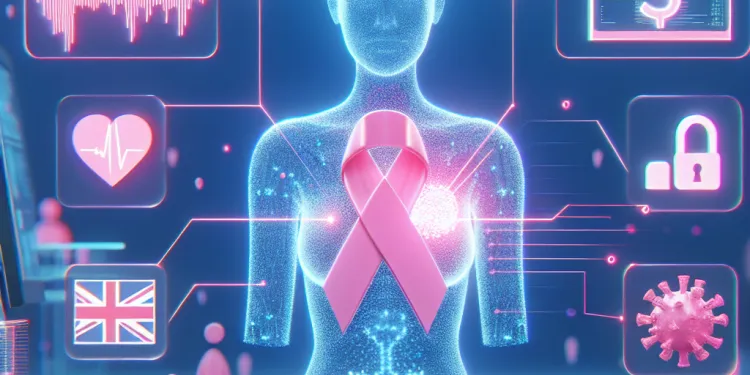
Find Help
More Items From Ergsy search
-
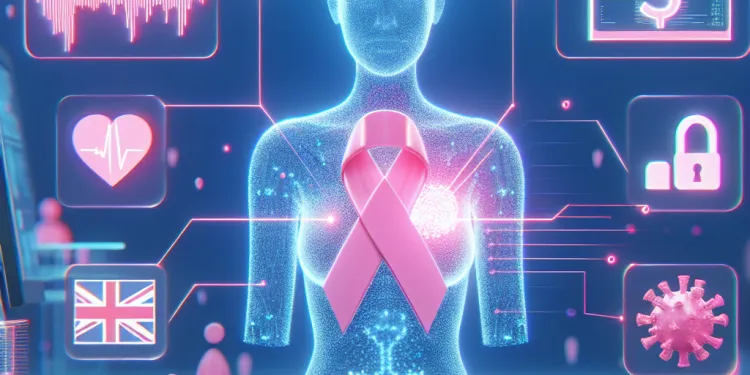
AI Breast Cancer Screening in the UK
Relevance: 100%
-

NHS breast cancer screening
Relevance: 97%
-
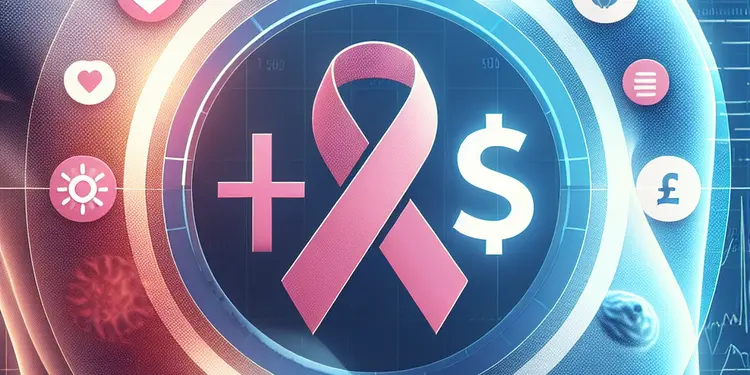
How often should I get screened for breast cancer?
Relevance: 87%
-

Tower Hamlets breast screening programme
Relevance: 77%
-
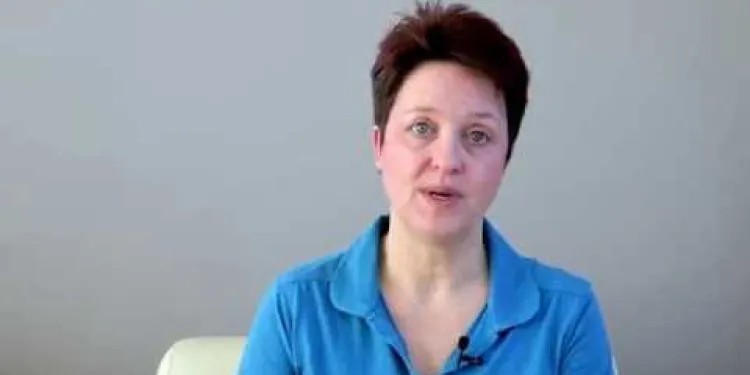
Other Things You Need to Know About Breast Screening
Relevance: 75%
-
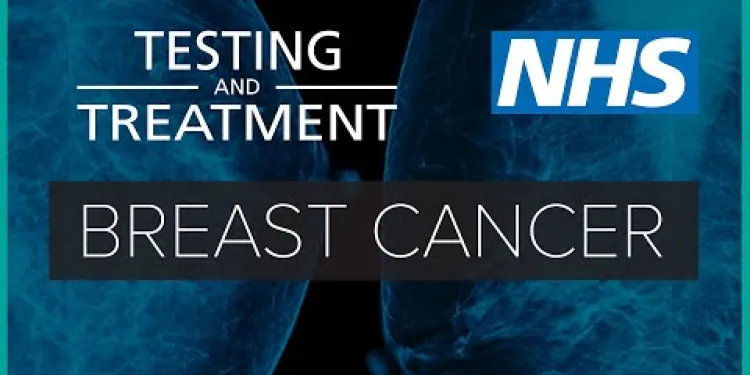
Breast cancer: testing and treatment | NHS
Relevance: 74%
-
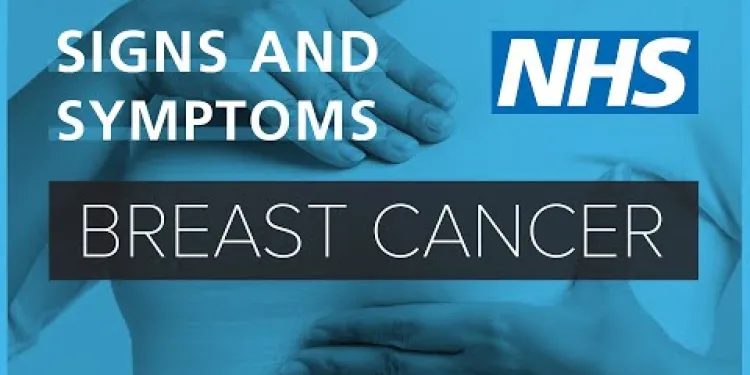
About Breast cancer - signs and symptoms | NHS
Relevance: 73%
-
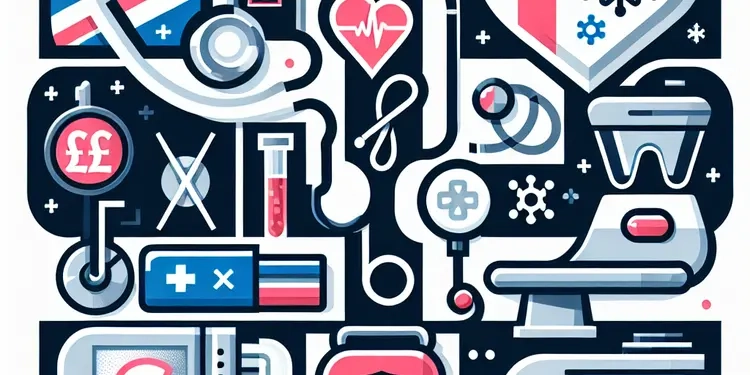
What kinds of cancer screening are available?
Relevance: 68%
-
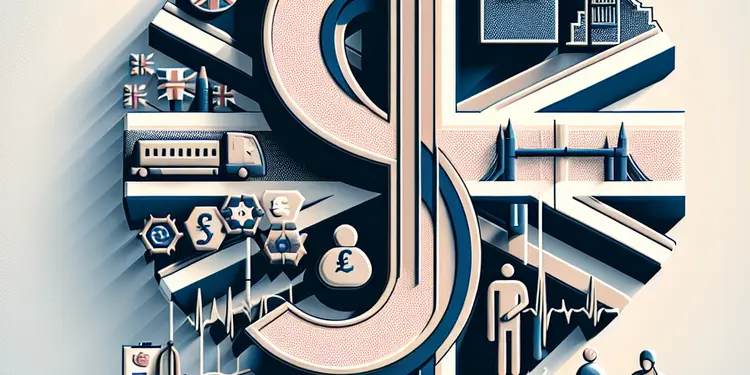
What is cancer screening?
Relevance: 68%
-
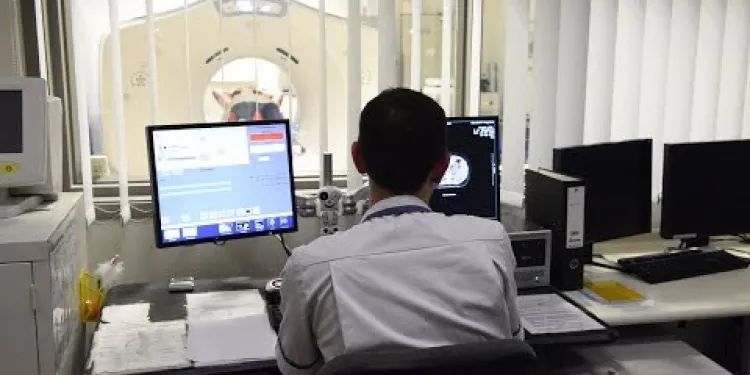
Having radiotherapy for breast cancer - 3 Videos
Relevance: 64%
-
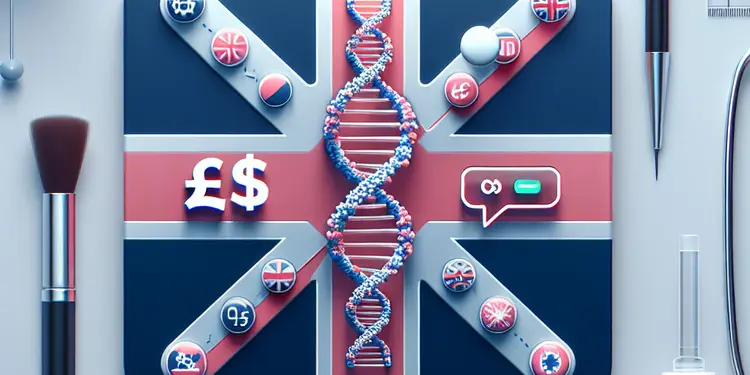
Is genetic screening available for cancer risk?
Relevance: 60%
-
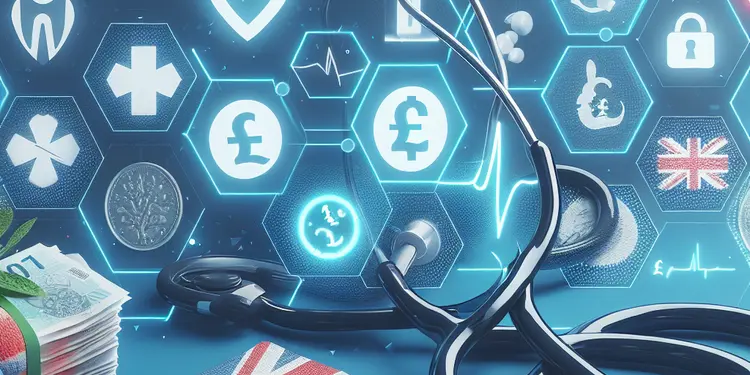
Are there any risk factors that increase the need for cancer screening?
Relevance: 59%
-
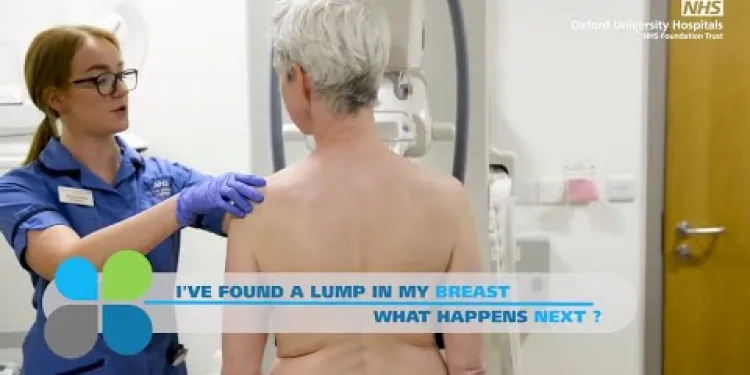
I've found a lump in my breast - What happens next? The breast diagnostic clinic
Relevance: 58%
-
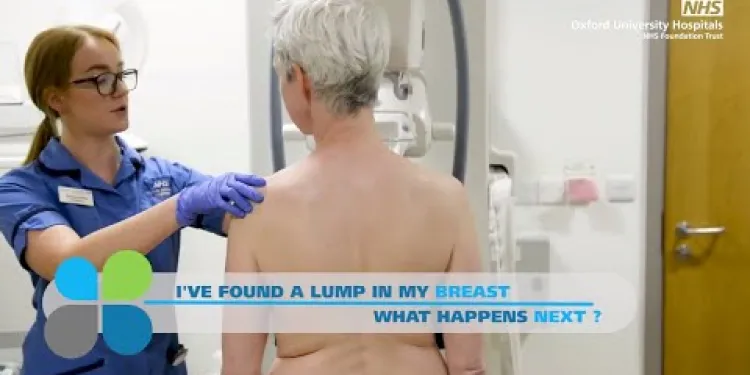
I've found a lump in my breast - What happens next? The breast diagnostic clinic
Relevance: 58%
-
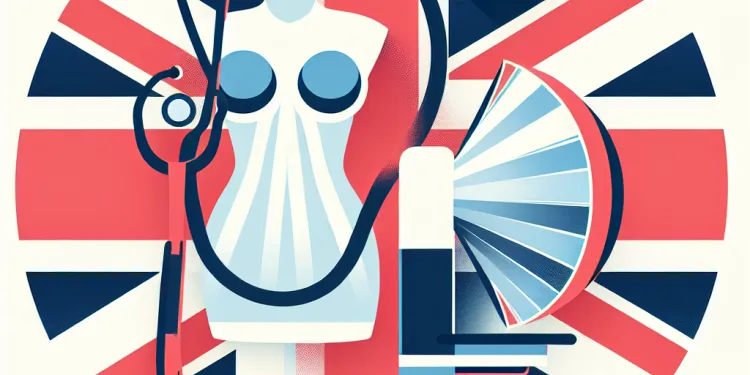
Can I have a mammogram if I have breast implants?
Relevance: 56%
-
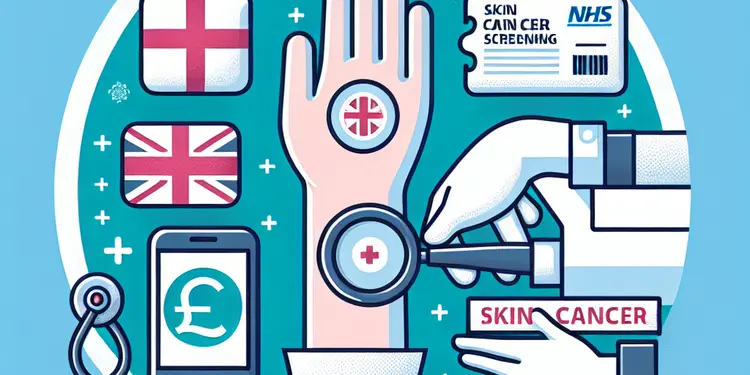
What is a skin cancer screening?
Relevance: 54%
-
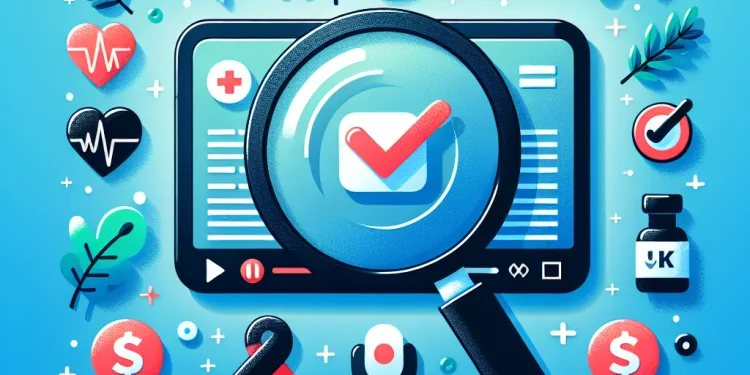
Health Screenings You Should Know About
Relevance: 52%
-
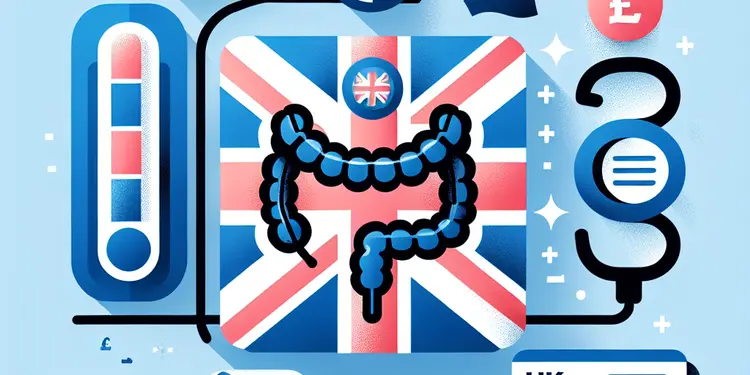
What are the recommendations for colorectal cancer screening?
Relevance: 52%
-

NHSGGC - Cervical Cancer Screening - English
Relevance: 51%
-
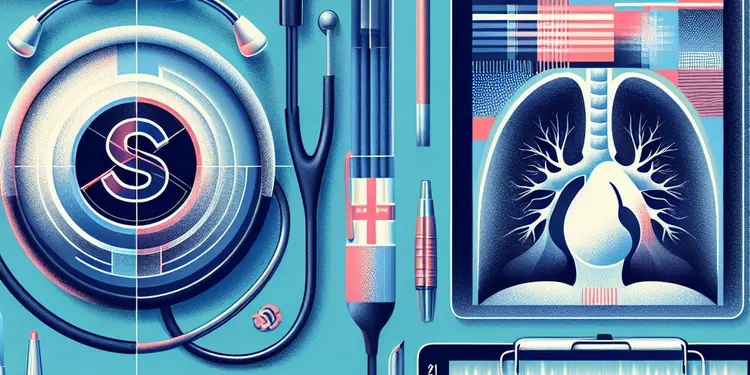
When should cervical cancer screening begin?
Relevance: 50%
-

What is Breast augmentation?
Relevance: 49%
-
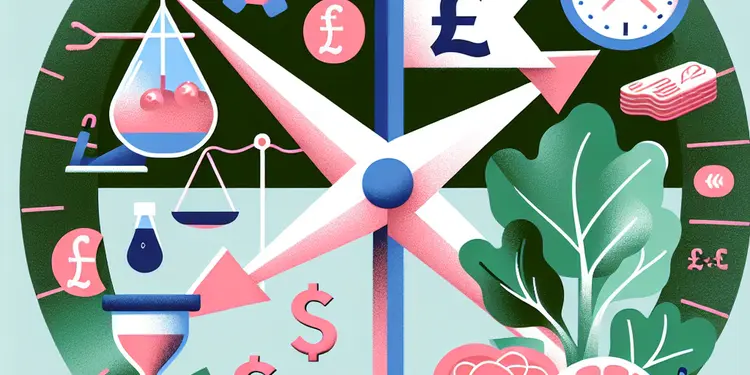
Can lifestyle changes impact the efficacy of cancer screening?
Relevance: 49%
-
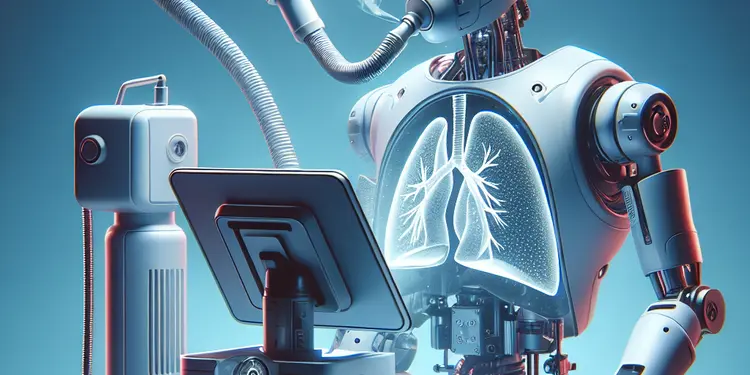
Can robots perform lung cancer screenings?
Relevance: 48%
-
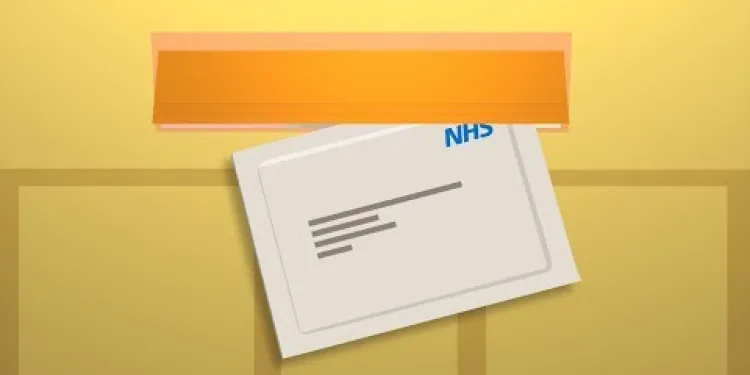
How to do the FIT bowel cancer screening test | Cancer Research UK
Relevance: 48%
-

How does increased screening impact bowel cancer statistics?
Relevance: 47%
-
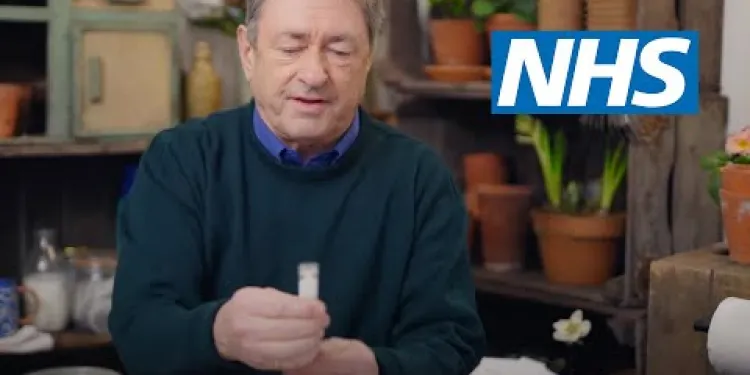
Bowel cancer screening: Alan Titchmarsh and Tommy Walsh | NHS
Relevance: 47%
-
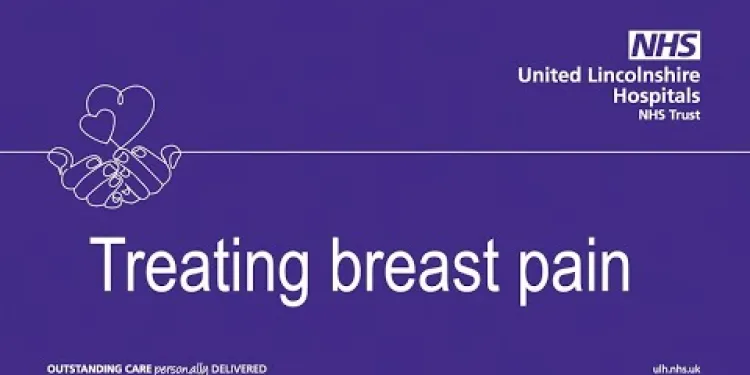
Treating breast pain | United Lincolnshire Hospitals NHS Trust
Relevance: 45%
-
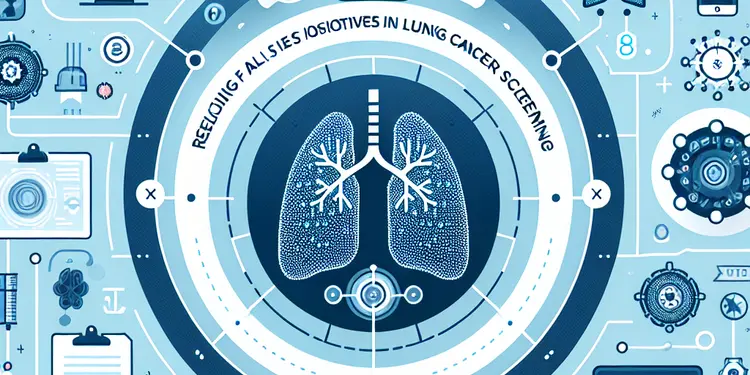
Can AI systems reduce the rate of false positives in lung cancer screening?
Relevance: 45%
-
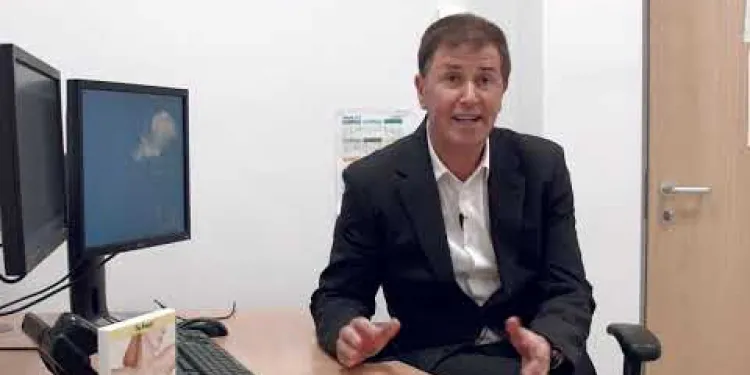
Evidence-Based Interventions: breast reduction
Relevance: 44%
-
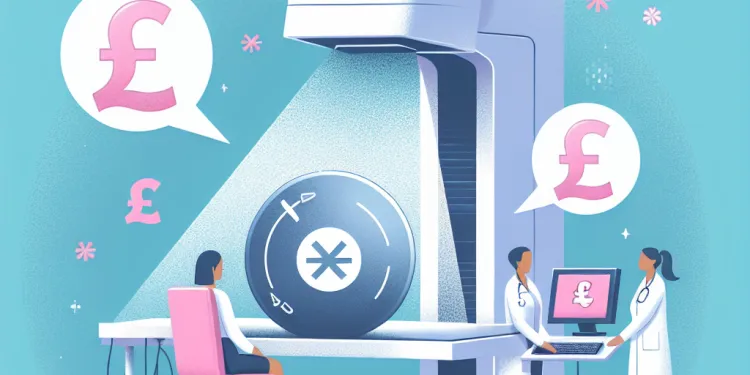
Are there any risks associated with mammograms?
Relevance: 42%
-
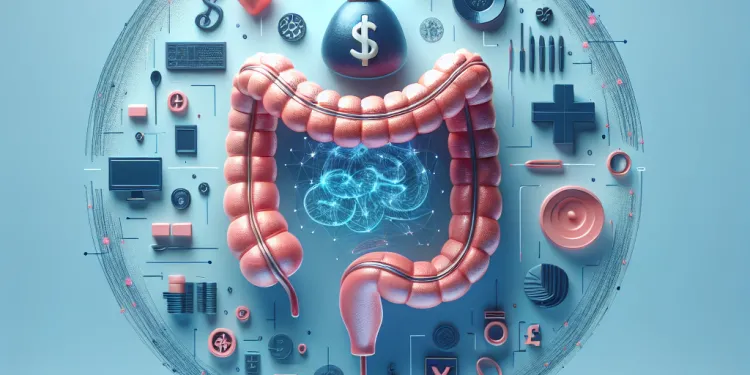
How common is bowel cancer?
Relevance: 42%
-
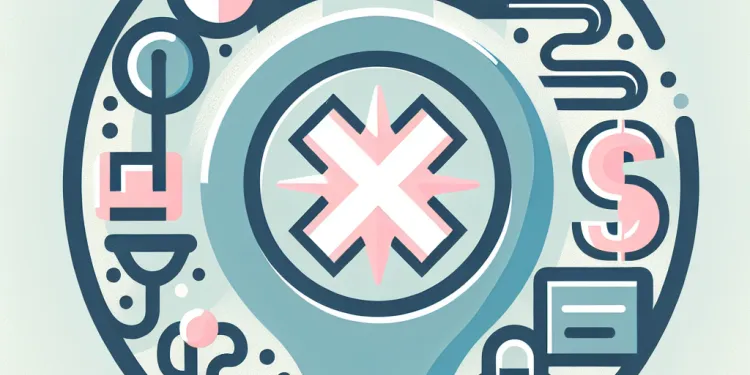
How often should I get a mammogram?
Relevance: 42%
-
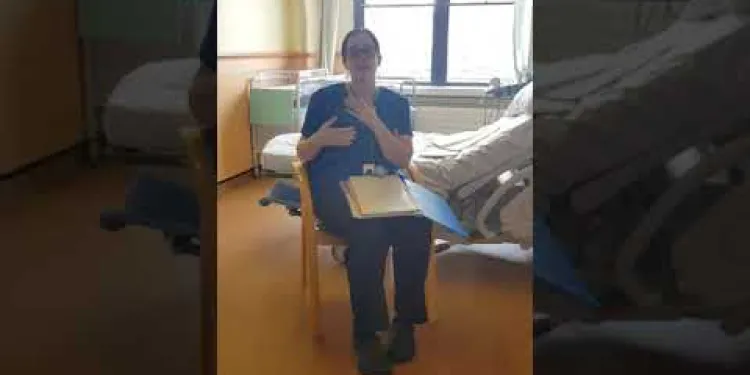
Breasts and Mastitis
Relevance: 42%
-
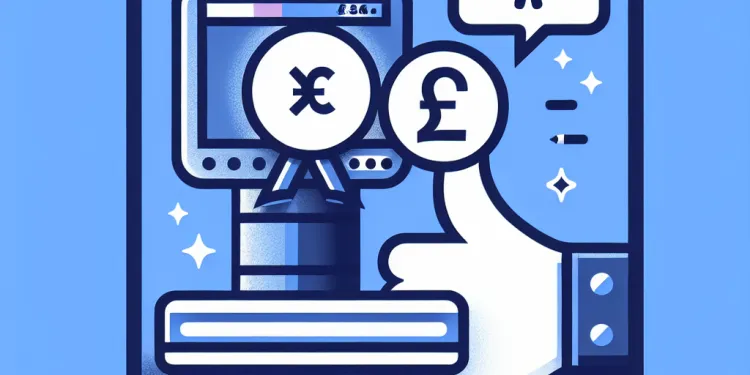
What are the benefits of regular mammograms?
Relevance: 41%
-

Can men have mammograms?
Relevance: 41%
-
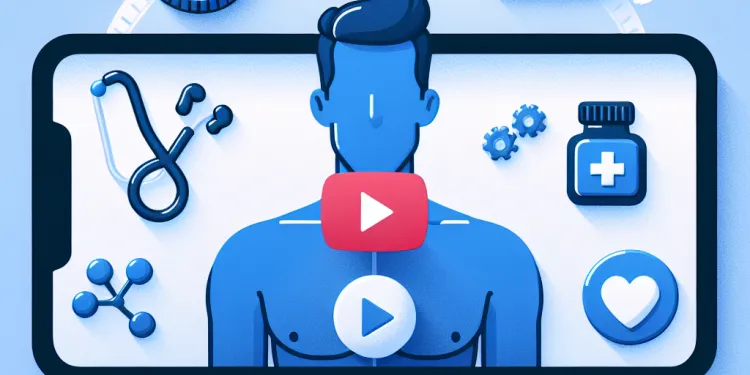
Am I more at risk of prostate cancer?
Relevance: 41%
-
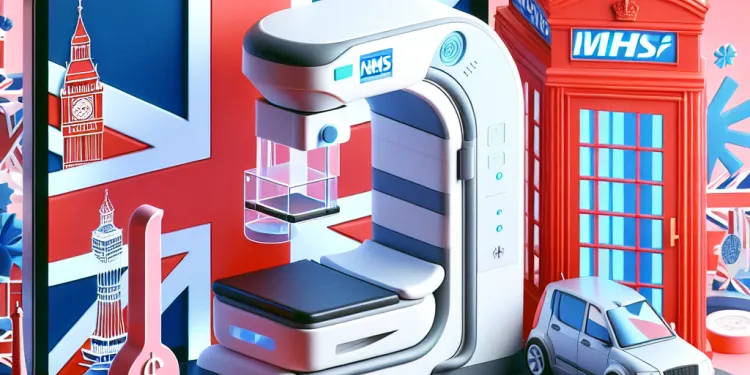
Are mammograms free on the NHS?
Relevance: 41%
-
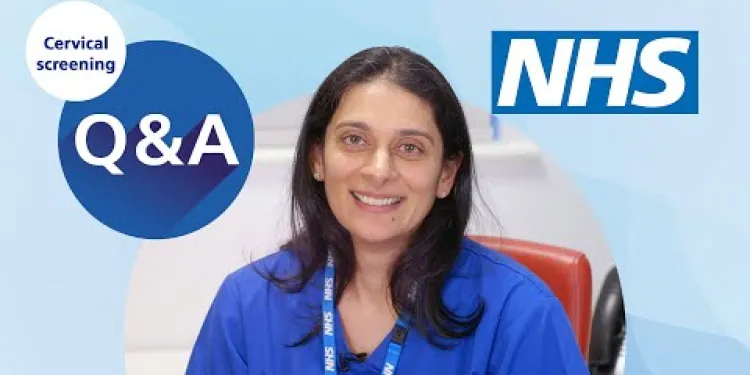
Cervical screening: Q&A | NHS
Relevance: 41%
-
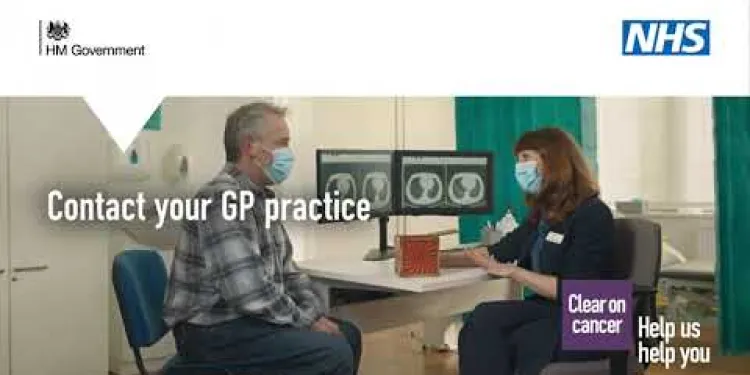
Don't carry the worry of cancer with you | NHS
Relevance: 41%
-
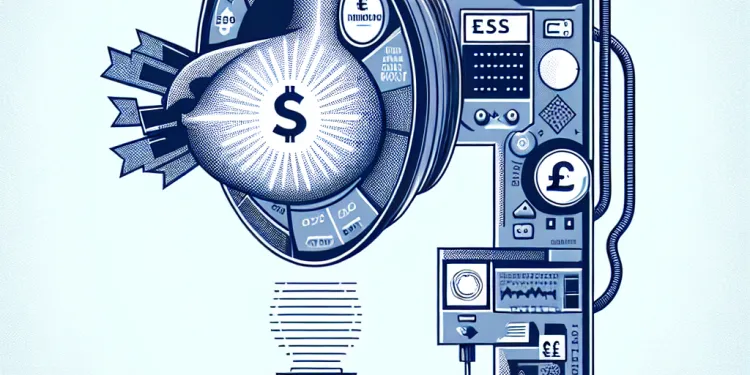
How reliable are mammograms?
Relevance: 39%
AI Breast Cancer Screening in the UK
Introduction to AI in Healthcare
Artificial intelligence (AI) is revolutionizing various sectors, and healthcare is no exception. In the UK, AI technologies are increasingly being employed to enhance the accuracy and efficiency of medical diagnostics. One of the most promising applications is in breast cancer screening, where AI can potentially play a pivotal role in early detection and treatment, thereby saving lives.
The Role of AI in Breast Cancer Screening
Breast cancer screening typically involves mammograms, which radiologists review to detect signs of cancer. However, the process can be challenging due to the subtle nature of abnormalities and the volume of images that must be evaluated. AI systems, particularly those that implement deep learning, have demonstrated the ability to assist radiologists by identifying patterns and anomalies with high precision. By flagging potential areas of concern, AI can support radiologists in making more accurate diagnoses.
Benefits of AI in Screening Programs
The integration of AI into breast cancer screening programs offers several advantages. AI algorithms can process vast datasets rapidly, facilitating quicker turnaround times for screening results. Moreover, these systems can consistently apply pre-defined criteria, reducing the risk of human error. In the UK, AI-driven screenings may help alleviate pressure on the NHS by streamlining workflows and allowing radiologists to focus on more complex cases.
Challenges and Considerations
While AI in breast cancer screening is promising, several challenges must be addressed. Ensuring the AI algorithms' accuracy across diverse populations is vital to avoid disparities in healthcare outcomes. Additionally, the use of AI raises questions about patient data privacy and the need for robust data protection measures. Public trust and acceptance are also crucial, requiring transparent communication about AI's role and limitations in the screening process.
The Future of AI Breast Cancer Screening in the UK
Looking ahead, the future of AI in breast cancer screening appears bright, with ongoing research and development aimed at further improving AI models. The UK is actively involved in this field, contributing to groundbreaking studies and pilot programs. As AI systems become more sophisticated and better integrated into digital health infrastructure, they have the potential to significantly enhance cancer detection rates and patient outcomes across the nation.
AI Breast Cancer Screening in the UK
Introduction to AI in Healthcare
AI, which stands for artificial intelligence, is a type of smart computer technology. In the UK, AI is helping doctors and nurses do their jobs better. One important way it is helping is with breast cancer screening. AI can find signs of cancer early, which means doctors can treat it sooner and save lives.
The Role of AI in Breast Cancer Screening
Usually, doctors look at special X-ray pictures called mammograms to find breast cancer. This can be hard because the pictures are not always easy to read. AI can help doctors by pointing out areas that might have problems. The smart computer looks for patterns and spots that seem unusual. This helps doctors make better decisions.
Benefits of AI in Screening Programs
Using AI in breast cancer screening has many good points. AI can quickly look at lots of pictures, which means results come back faster. AI also can follow the same rules every time, making fewer mistakes. In the UK, AI might help the NHS by making things go more smoothly and letting doctors spend time on harder cases.
Challenges and Considerations
There are still things we need to work on with AI in breast cancer screening. For AI to help everyone, the computer must work well for all kinds of people. We also need to make sure that people's private health information is kept safe. People need to trust AI, so it is important to explain clearly what AI can and cannot do.
The Future of AI Breast Cancer Screening in the UK
In the future, AI will keep getting better at helping find breast cancer. There is a lot of research happening in the UK to make AI tools even smarter. As technology improves, AI could help find cancer more often and lead to better health for people across the country.
Frequently Asked Questions
What is AI breast cancer screening?
AI breast cancer screening involves using artificial intelligence algorithms to assist radiologists in interpreting mammograms, potentially improving the accuracy and efficiency of breast cancer detection.
How does AI improve the screening process?
AI can analyse large volumes of mammogram images quickly, highlighting areas of concern, reducing human error, and often detecting abnormalities that might be missed by human eye alone.
Is AI breast cancer screening available in the UK?
Yes, AI technologies are being increasingly implemented in NHS breast cancer screening programmes and private healthcare systems across the UK.
How reliable is AI breast cancer detection?
AI systems have shown promise in improving detection rates, but they are designed to assist rather than replace radiologists. Their performance is constantly improving with the advancement of technology and more data.
Will AI replace radiologists in breast cancer screening?
AI is intended to aid radiologists, not replace them. By handling repetitive tasks and highlighting potential issues, AI allows radiologists to focus more on diagnosis and decision-making.
How is patient data handled with AI screening systems?
Patient data is anonymized and secured to comply with UK data protection regulations, ensuring privacy while allowing AI models to learn from a broad set of data.
Are there any risks associated with AI breast cancer screening?
AI systems are subject to rigorous testing and validation, but like all tests, they can have false positives or negatives. It's crucial they are used as part of comprehensive screening programmes with human oversight.
What are the benefits of AI breast cancer screening?
The primary benefits include increased accuracy in identifying potential cancers, reduced workload for radiologists, and potentially earlier detection of breast cancer.
How does AI screening affect current NHS screening guidelines?
AI-enhanced screenings supplement existing NHS mammography guidelines by providing additional insights and faster analysis, potentially improving screening outcomes.
Are there costs associated with AI screening for patients?
Within the NHS, breast cancer screening is provided free of charge. Any implementations of AI would typically be part of this service. Private clinics may have different policies.
How are AI screening models trained?
AI models are trained on vast datasets of mammogram images where patterns indicative of cancer are learned. These models continue to evolve as they are exposed to new data and medical insights.
Can AI screening be trusted as much as human judgment?
AI is a tool to enhance human judgment, not replace it. The combination of AI and expert radiologists tends to provide the most reliable results.
What should patients expect during an AI-assisted screening?
From the patient’s perspective, the screening process remains largely unchanged, as AI operates behind the scenes. You might experience quicker results and enhanced insights.
How does AI impact the workload for healthcare professionals?
AI can reduce the workload by automating the analysis of mammogram images, allowing healthcare professionals to focus on more complex cases and clinical decisions.
What future advancements can we expect in AI breast cancer screening?
Future advancements may include greater diagnostic accuracy, personalized risk assessments, and integration with other diagnostic tools to provide comprehensive and targeted treatment options.
What is AI breast cancer screening?
AI breast cancer screening is a way to check for breast cancer using a computer. "AI" means Artificial Intelligence. This is a smart computer program that helps doctors look at pictures of the breast to find signs of cancer.
If you find reading hard, you can:
- Ask someone to read with you.
- Use a tool that reads text out loud.
- Break down the text into smaller parts.
AI breast cancer screening uses smart computer programs to help doctors look at breast X-rays. This can make finding breast cancer easier and more correct.
How does AI make checking easier?
AI can look at a lot of mammogram pictures very fast. It shows doctors where to look if there might be a problem. This helps catch things the human eye might miss.
Can AI check for breast cancer in the UK?
In the UK, doctors can use special computer programs to help find breast cancer. These programs are called AI. They help doctors see if someone has breast cancer.
If you want to know more, you can:
- Ask your doctor.
- Look online for information from trusted health websites.
Remember, always talk to a doctor if you have questions about your health.
Yes, more and more AI (computer) technologies are being used in NHS breast cancer checks and in private healthcare systems in the UK.
- Tools to Help:
- Use big text on your screen to make reading easier.
- Ask someone to read with you if you find it hard.
Can we trust AI to find breast cancer?
AI systems are getting better at helping doctors find problems. But they are not meant to do the job alone. They help doctors, like a good helper. These systems are getting smarter as technology improves and they get more information.
Here are some tools that can help if you're finding this tricky:
- Read aloud tools: These can read the text out loud for you.
- Highlighting: Use markers or colors to remember important parts.
- Ask someone to explain the text: A friend or a teacher can help.
Will AI take over the job of radiologists in breast cancer screening?
AI is like a smart computer. It helps doctors by looking at pictures of the body. This can help find breast cancer.
But AI doesn't work alone. It works with doctors called radiologists. They look at the pictures too. Together, they make sure to find any problems as early as possible.
Right now, AI is a tool to help radiologists. It's not replacing them. Radiologists use their skill and experience to decide what's best for you.
If reading is hard, try listening to the text. You can use tools like text-to-speech. Also, asking someone to read with you can help.
AI helps doctors who look at x-rays and scans. It does not take over their jobs. AI does boring tasks and shows things that might be a problem. This gives doctors more time to figure out what is wrong and decide what to do.
How do AI systems use patient information?
AI systems help doctors by looking at patient information. This means they use special computer programs to check health data.
To make sure the information is safe, these programs follow strict rules.
This helps protect the private details of patients.
To understand this better, you can:
- Ask a doctor to explain it to you.
- Use pictures or videos to learn more.
- Ask someone you trust to help you read this information.
Patient information is made private and safe. This follows UK rules about keeping data secure. This protects people's privacy. It also lets computer programs learn from different types of data.
Is AI breast cancer screening risky?
AI is a special kind of computer that helps us do things. We test these computers a lot to make sure they work right. But sometimes, they can still make mistakes. They can say something is true when it’s not (false positive) or say something is not true when it is (false negative). That’s why it’s important for people to check these computers as well. This way, we make sure everything is correct and safe. It's good to have both computers and people working together to look at things closely.
How can AI help with breast cancer checks?
AI can help doctors find breast cancer early. It can look at X-rays and spot things that doctors might miss.
Finding cancer early means treatment can start sooner. This can help people get better faster.
You can use tools like dictionaries to help understand big words. You can also ask someone to explain things to you.
The main benefits are:
- Finding cancer more accurately.
- Helping doctors have less work.
- Finding breast cancer earlier.
To help you understand, you can use tools like text-to-speech software that reads the text out loud. You can also ask someone to explain any parts you find hard.
How does using AI screening change NHS screening rules now?
This question is asking how new computer tools (called AI) might change the rules the NHS uses to check people’s health.
AI helps doctors find problems early. It can change how doctors decide who needs checks or tests.
If this question seems hard, you can try:
- Using a dictionary to learn new words.
- Asking someone to explain it to you with simpler words.
- Breaking it down into smaller parts to understand it better.
AI tools help doctors look at mammogram pictures. They give extra information and work faster. This might help doctors find and treat health problems better.
Do you have to pay for AI health checks?
The NHS gives free breast cancer checks. If they use AI, it is usually part of this free service. Private clinics might do things differently.
How do we teach AI models to check things?
Scientists teach computers using lots of pictures of mammograms. These pictures help the computer learn how to spot things that might mean cancer. The more pictures they're shown, the better the computers get at spotting cancer.
Can we trust computers to check things like people do?
AI is like a smart helper for doctors. It doesn't take their place, but helps them make better choices. When AI and doctors work together, they can do a great job.
What happens when a computer helps with a health check?
If you are the patient, the way doctors check you is mostly the same. The computer helps in the background. You might get your test results faster and they might be easier to understand.
How does AI change work for healthcare workers?
AI can help doctors and nurses with their jobs. It can do some tasks for them, like looking at scans or keeping track of patient records. This means they have more time to spend with people who are sick.
Some tools that help are:
- Computers that learn to find illnesses in pictures.
- Robots that do simple jobs.
- Programs that organize information.
AI can make their work easier and help them care for patients better.
AI can help make work easier. It looks at mammogram pictures automatically. This gives doctors more time to help people with harder problems.
What new things might happen with AI to check for breast cancer?
AI is a smart computer that helps doctors. In the future, it might get even better at finding breast cancer.
Here are some things that might happen:
- AI could find cancer faster.
- AI could see very small changes in pictures that people might miss.
- AI could help doctors make better plans for patients.
For help understanding, try using pictures or videos.
In the future, machines might get better at finding out what's wrong. They might also tell people their personal health risks. They could work together with other tools to give the best treatment.
Useful Links
This website offers general information and is not a substitute for professional advice.
Always seek guidance from qualified professionals.
If you have any medical concerns or need urgent help, contact a healthcare professional or emergency services immediately.
Some of this content was generated with AI assistance. We’ve done our best to keep it accurate, helpful, and human-friendly.
- Ergsy carfully checks the information in the videos we provide here.
- Videos shown by Youtube after a video has completed, have NOT been reviewed by ERGSY.
- To view, click the arrow in centre of video.
- Most of the videos you find here will have subtitles and/or closed captions available.
- You may need to turn these on, and choose your preferred language.
- Go to the video you'd like to watch.
- If closed captions (CC) are available, settings will be visible on the bottom right of the video player.
- To turn on Captions, click settings .
- To turn off Captions, click settings again.
More Items From Ergsy search
-

AI Breast Cancer Screening in the UK
Relevance: 100%
-

NHS breast cancer screening
Relevance: 97%
-

How often should I get screened for breast cancer?
Relevance: 87%
-

Tower Hamlets breast screening programme
Relevance: 77%
-

Other Things You Need to Know About Breast Screening
Relevance: 75%
-

Breast cancer: testing and treatment | NHS
Relevance: 74%
-

About Breast cancer - signs and symptoms | NHS
Relevance: 73%
-

What kinds of cancer screening are available?
Relevance: 68%
-

What is cancer screening?
Relevance: 68%
-

Having radiotherapy for breast cancer - 3 Videos
Relevance: 64%
-

Is genetic screening available for cancer risk?
Relevance: 60%
-

Are there any risk factors that increase the need for cancer screening?
Relevance: 59%
-

I've found a lump in my breast - What happens next? The breast diagnostic clinic
Relevance: 58%
-

I've found a lump in my breast - What happens next? The breast diagnostic clinic
Relevance: 58%
-

Can I have a mammogram if I have breast implants?
Relevance: 56%
-

What is a skin cancer screening?
Relevance: 54%
-

Health Screenings You Should Know About
Relevance: 52%
-

What are the recommendations for colorectal cancer screening?
Relevance: 52%
-

NHSGGC - Cervical Cancer Screening - English
Relevance: 51%
-

When should cervical cancer screening begin?
Relevance: 50%
-

What is Breast augmentation?
Relevance: 49%
-

Can lifestyle changes impact the efficacy of cancer screening?
Relevance: 49%
-

Can robots perform lung cancer screenings?
Relevance: 48%
-

How to do the FIT bowel cancer screening test | Cancer Research UK
Relevance: 48%
-

How does increased screening impact bowel cancer statistics?
Relevance: 47%
-

Bowel cancer screening: Alan Titchmarsh and Tommy Walsh | NHS
Relevance: 47%
-

Treating breast pain | United Lincolnshire Hospitals NHS Trust
Relevance: 45%
-

Can AI systems reduce the rate of false positives in lung cancer screening?
Relevance: 45%
-

Evidence-Based Interventions: breast reduction
Relevance: 44%
-

Are there any risks associated with mammograms?
Relevance: 42%
-

How common is bowel cancer?
Relevance: 42%
-

How often should I get a mammogram?
Relevance: 42%
-

Breasts and Mastitis
Relevance: 42%
-

What are the benefits of regular mammograms?
Relevance: 41%
-

Can men have mammograms?
Relevance: 41%
-

Am I more at risk of prostate cancer?
Relevance: 41%
-

Are mammograms free on the NHS?
Relevance: 41%
-

Cervical screening: Q&A | NHS
Relevance: 41%
-

Don't carry the worry of cancer with you | NHS
Relevance: 41%
-

How reliable are mammograms?
Relevance: 39%


